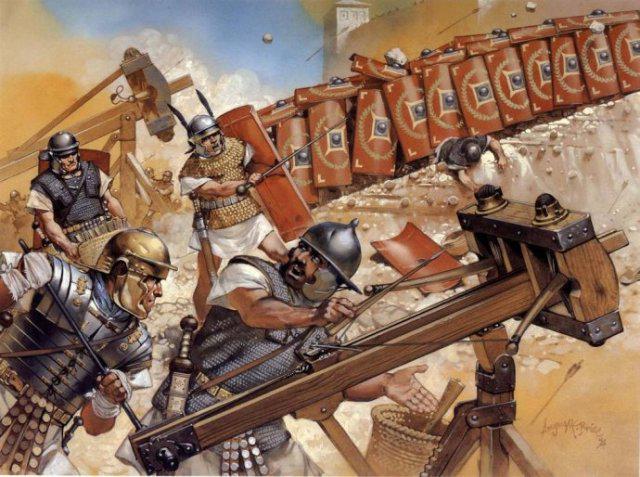The lessons which one would expect us to extract their experience still needs to be taken to heart.
罗马帝国覆灭的教训直至今日我们也当铭记于心。
With the next unit we will begin to study seriously the falls of an Empire further to the north and to the east, Russia and the Soviet Union.
下一单元我们开始认真深入研究罗马帝国的覆灭,从北方一直到东方的俄罗斯和苏联。
Segment 15 B, The Romaioi and their World.
15B部分 罗马人和他们的世界。
What we call the Eastern Roman Empire or the Byzantine Empire was not just a mere continuation of the Roman Empire.
我们所说的东罗马帝国或者说拜占庭帝国并不仅仅是罗马帝国的延续。
No matter how little it came to resemble the original in language or culture the Byzantine Empire literally was the Roman Empire.
不论它在语言和文化上与原来的罗马帝国有多么不同,拜占庭帝国实际上仍是罗马帝国。
Proudly tracing its history back to Rome's foundation on the morning of April 21st 753 BC,
它骄傲地把自己的历史追溯到罗马建立之初,也就是公元前753年的四月21日的那个早晨

almost all of the Eastern Empire had belonged to the Alexander the Great's empire in 4 century BC.
几乎所有东罗马帝国的人都是公元前4世纪亚历山大大帝的后裔。
And so shared a common bond of Hellenistic culture.
他们都有共同的希腊文化。
By the time of Augustus the Romans had conquered the entire Greek east.
奥古斯都时代罗马人占领了整个希腊的东部。
And had finally figured out how to rule the Empire.
也最终找出了统治帝国的良策。
Consequently the Greek speaking Eastern Empire benefitted just as much from the Pax Romana as the Latin speaking Western Empire did.
因此讲希腊语的东罗马帝国从和平中得到的益处也就和讲拉丁语的西罗马帝国一样多。
At the same time the Romans themselves and the Western Roman Empire eagerly embraced Hellenistic culture.
同时罗马人自己以及西罗马帝国也非常欢迎希腊文化。












